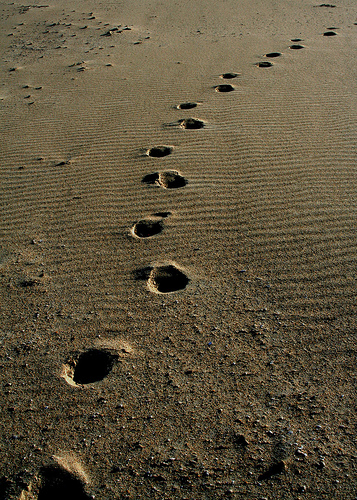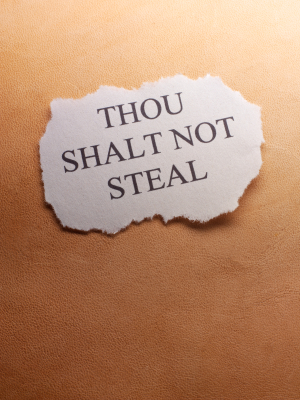I can't describe how powerful and affirming the experience of looking through pages and pages of words has been; from stream of consciousness prose to pensive morning reflections, from photo-poetry to snippets and chapters from upcoming book projects, I really am blown away by how far I've walked, mentally and…
-
-
A Letter To My Plagiarist
As National Poetry Month draws to a close, I thought it only appropriate to post this response to the plagiarist who thought they could get away with stealing my words.
-
African Feminism - Afrofeminism - Blog - Gender and LGBT Issues - Interviews - LGBT Africa - New Media - Special Series
Kitchen Table Conversations: LGBT African Diaspora Speak on Culture, Queerness, and Media
In partnership with Women, Action, and the Media (WAM!), I’m hosting a virtual panel that features the perspectives of LGBTQ African Diaspora on African culture, queer identity, and the media. The focus of the panel will in part be driven by pre-submitted questions from listeners, but will also aim to highlight the…
-
African Bloggers Statement on David Kato and Uganda
"We the undersigned wish to express our deep sadness at the murder of Ugandan human rights defender David Kato on 26th January 2011. David's activism began in the 1980s as an Anti-Apartheid campaigner where he first expressed a strong passion and conviction for freedom and justice which continued throughout his…
-
This Is What a Lesbian Looks Like: My CURVE Magazine Debut
I was recently interviewed for Curve Magazine's "This Is What A Lesbian Looks Like" monthly feature. It's taken so long to feel whole and integrated as a trans-national, multi- cultured and layered individual; Nigerian, African, queer, afrofeminist, nerdy etc. It feels awesome in so many ways, and yet, so surreal.…
Online rulet oyunları gerçek zamanlı oynanır ve online slot casino bu deneyimi canlı yayınlarla destekler.
İnternet üzerinden eğlence bahsegel giriş arayanlar için deneyimi vazgeçilmezdir.
Kullanıcıların hesaplarına hızlı ve sorunsuz bettilt ulaşabilmesi için adresi her zaman güncel tutuluyor.



